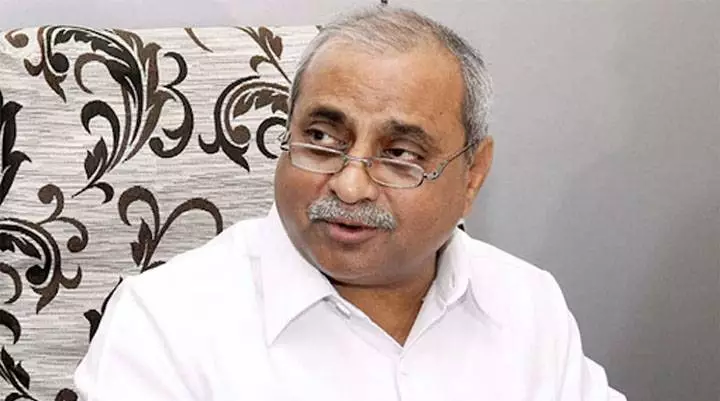The recent Covid-19 pandemic has ravaged economies all over the world, including India’s. Due to budgetary shortfalls, the Prime Minister and cabinet have elected to create a number of panels and bills that would examine the country’s internal finances and find aspects that need improvement. One of the most interesting panels is a GST panel examining the potential revenue from taxing online casinos.
Recent Moves Towards Legalization, Taxation
Online gaming is a controversial topic at times because, despite its popularity throughout the country, there are no laws on the books expressly allowing or not allowing the act. India’s only gambling laws pertain strictly to physical casinos, effectively giving a green light to online gaming operators, many of whom are located overseas. Even local casino brands exist in a perpetual grey area. Although last year the states of Telangana and Andhra Pradesh made online gambling completely illegal, the federal government has yet to make any decisions regarding the rest of the country.
This lack of regulation has left the country missing out on revenue. While other countries throughout Europe and Asia have created laws, India has fallen behind. Most governments have high tax rates for casino operators and collect money for licence fees and applications. However, they also have oversight committees for online casinos, laws regarding addiction help and rules for casinos to oversee their clientele from overspending. Legalization in India would fundamentally be a large change that requires more than just one simple law – but it looks like the country is in a financial crisis and legalizing online gaming can help close the budgetary gap.
What happens if the GST Panel Advises Legalization?
With many states and the federal government refusing to address the issue, casino operators feel like this GST panel will push for legalization. We don’t know exactly what legalization for online gambling would be in India, but plenty of markets use each other as an example and set similar laws. In the UK, for example, casino players are not taxed on their winnings, but operators are taxed at 20-25 per cent of all profits. In America, the few states that have legalized casinos tax operators at 15 per cent, while players have to adhere to their state’s laws regarding their winnings. Germany voted at the beginning of 2021 to expand their laws and created a 5.3 per cent turnover tax for slots and online poker. Legalization is complicated and will require a large shift in business and international law.
Should the GST panel recommend legalizing online gambling, this will not be a quick process. There will likely be several committees that will discuss the effect on budgets, public health, criminal law, tax laws, and how business is done in the country. India’s government will likely have to create oversight laws to make sure casinos are fair and operating properly. They will also have to look at allowing casino operators into the country. Currently, most sites accessed by Indian players reside overseas, making them difficult to tax. Countries in the EU have overcome that by charging yearly licencing and maintenance fees. States will likely be left to decide whether they want to legalize, which will take longer, as these states will also have to compile complex laws that deal with personal taxes, gambling addiction, etc.
What if the GST Panel Rejects Legalization?
This is unlikely considering the financial gains to be made by legalization, but if the GST panel or the federal government decided it still isn’t time to create laws regulating the gambling industry, things are likely to stay as they are. Some states allow online gambling, like Goa, while others have become increasingly against the act. India’s finance minister has proposed a variety of bills that will increase spending and create new jobs as well as focusing on fixing the country’s infrastructure, so they may decide to table the gambling decision until a future time. The current situation leaves a lot of untapped potential in terms of revenue, but is also difficult to navigate.

